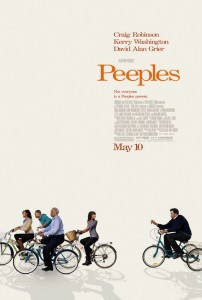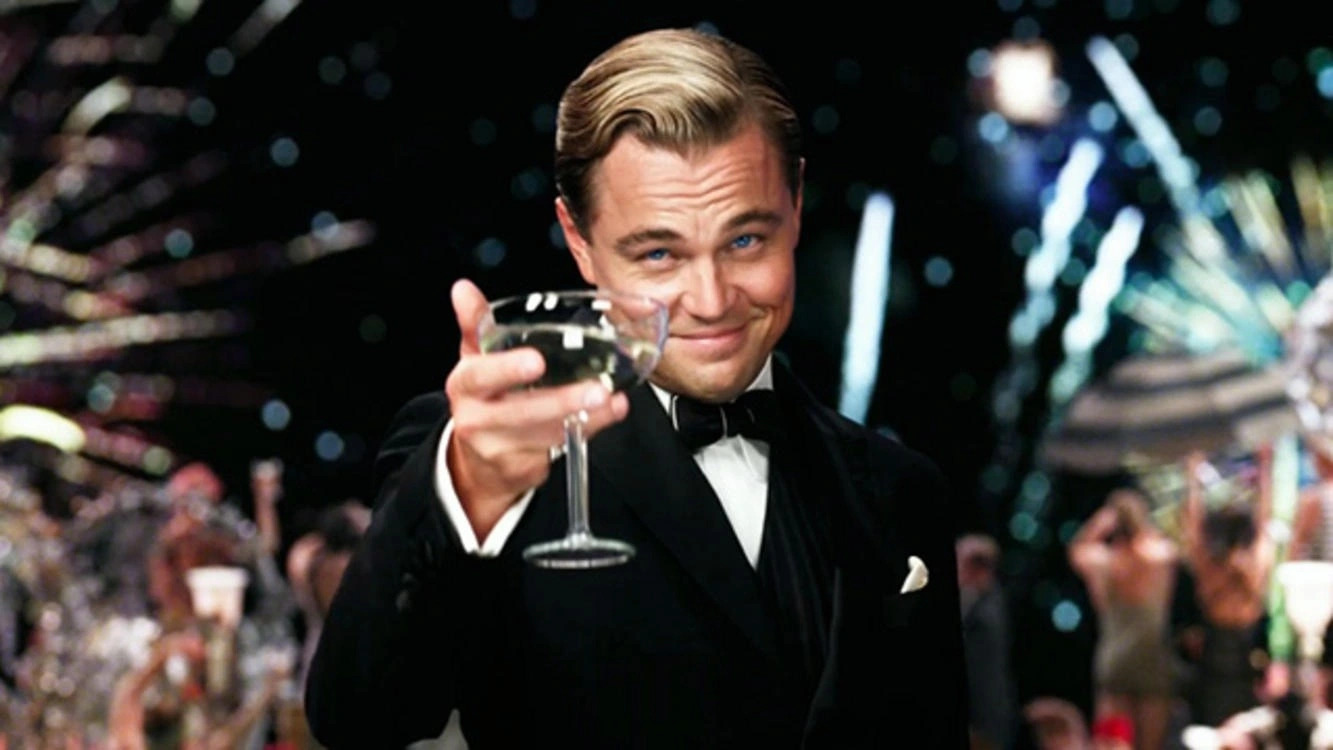Interview: Maiken Baird and Michelle Major of “Venus and Serena”
Posted on May 9, 2013 at 10:07 pm
“Venus and Serena” is an enthralling new documentary about two of the most acclaimed athletes of our time. Their story is even more extraordinary because they are sisters. Venus and Serena Williams have won world trophies and broken records since they were teenagers. Both have come back from daunting health issues. I spoke to directors Maiken Baird and Michelle Major about the three years it took to gain the Williams sisters trust and how what they thought would be a documentary about competition became an even bigger story about and even bigger triumph, fighting their way back to the top.
How did you get the Williams sisters and their family to trust you?
MB: It took perseverance and not taking no for an answer. We just kept pushing. We began in April of 2007 and it took a good three years.
MM: In ’07 we came together with the idea and began to approach them. It was countless meetings and hundreds of emails later when they finally agreed. We started filming in 2011.
In retrospect, from a dramatic standpoint, that was perfect timing. You could not have anticipated a more tumultuous year. 
MB: It was not a great year for them. From the point of view of the movie, we were extraordinarily lucky. Serena had a near death experience, a pulmonary embolism. She couldn’t walk. We didn’t know if she would ever play tennis again. And Venus had an auto-immune disease we discovered during filming. It was a remarkable comeback story from a really bad place.
MM: We were planning on following tennis players playing tennis. We didn’t know what was going to become of the film, what it was going to be. We thought we would be on tennis courts and we found ourselves in medical facilities.
One of the most striking moments in the film is archival footage of the girls’ father interrupting a reporter, very upset at the questions he is asking Venus when she was a young teenager. Did he try to control your story?
MM: Venus actually saw the film after we completed it and she said, “I wish you had left more of that interview in the film so everyone could see that the reporter was badgering me. I was happy that my father came to my defense.” Richard loves them fiercely and is very protective of them. But now they’re older and can do what they want. He’s a live wire. Sometimes he left us alone and sometimes he wanted us to go away, as you see in the film.
What will be most surprising to people who see this film?
MM: One of the most surprising moments for me was when Serena was on the treadmill after the third round of the U.S. Open. She felt even though she didn’t drop a set that she had played really poorly — which I didn’t even understand. And she was incredibly frustrated with her hitting partner and felt that he wasn’t training her hard enough for the match. It’s like everybody dropped away. The cameras weren’t there for her. It was just the two of them and she was going to let him have it. The most important thing to her was winning the tournament and playing excellent tennis. She really ripped into him very honestly. And her honesty in that moment, how in the zone she was, that was remarkable.
She wanted him to to be better to make her better. That’s what it takes to be a champion.
MM: Absolutely.
You had some surprising fans in the film. How did you get Bill Clinton?
MB: I pursued him for about a year. He was President when Venus won her first Open, when she was 19. He called to congratulate her and she told him that his motorcade made her late to her match! And that he should lower the taxes in Florida.
Were they born to be champions or was it their father, who coached them continuously from the time they were preschoolers?
MM: In every situation, nature and nurture are always combined. It helps that they are tall. And in the film Serena even says that she has natural muscles and does not want to lift weights to make them bigger. But we witnessed how hard they work to stay in top physical condition and hit for hours, take their lunch on the court, and keep hitting, the most unpleasant workout you can imagine, every single day. Richard devised incredibly clever training methods, using the techniques of football players and basketball players, boxers, male athletes, techniques that had not been used for tennis players. And their mother instilled in both of them this incredible strength of character and determination never to let anyone get you down. So I would say more nurture than nature.
Do you think they are held to a different standard in arguing with the line judges than the men?
MB: Yes. I love the scene when John MacEnroe tells Serena to apologize. She has looked up to him her whole life and thinks that if he can do it, she can do it.
MM: She definitely gets into the zone. You’re so in the moment that you’re going to go off every once in a while. It happens to many players. But she is tough-looking, imposing, African-American, and so her particular style of yelling receives a certain kind of pushback from the world, and it’s not equal.
What do you want people to get from this movie?
MM: We started out with the idea that this story would be inspirational. It’s the American story — triumph over adversity of every single kind — it’s about how to maintain a close loving relationship with your sibling even if you have the ultimate rivalry. There’s nothing you can’t do or accomplish if you set your mind to it and if you have the support of the people around you.




